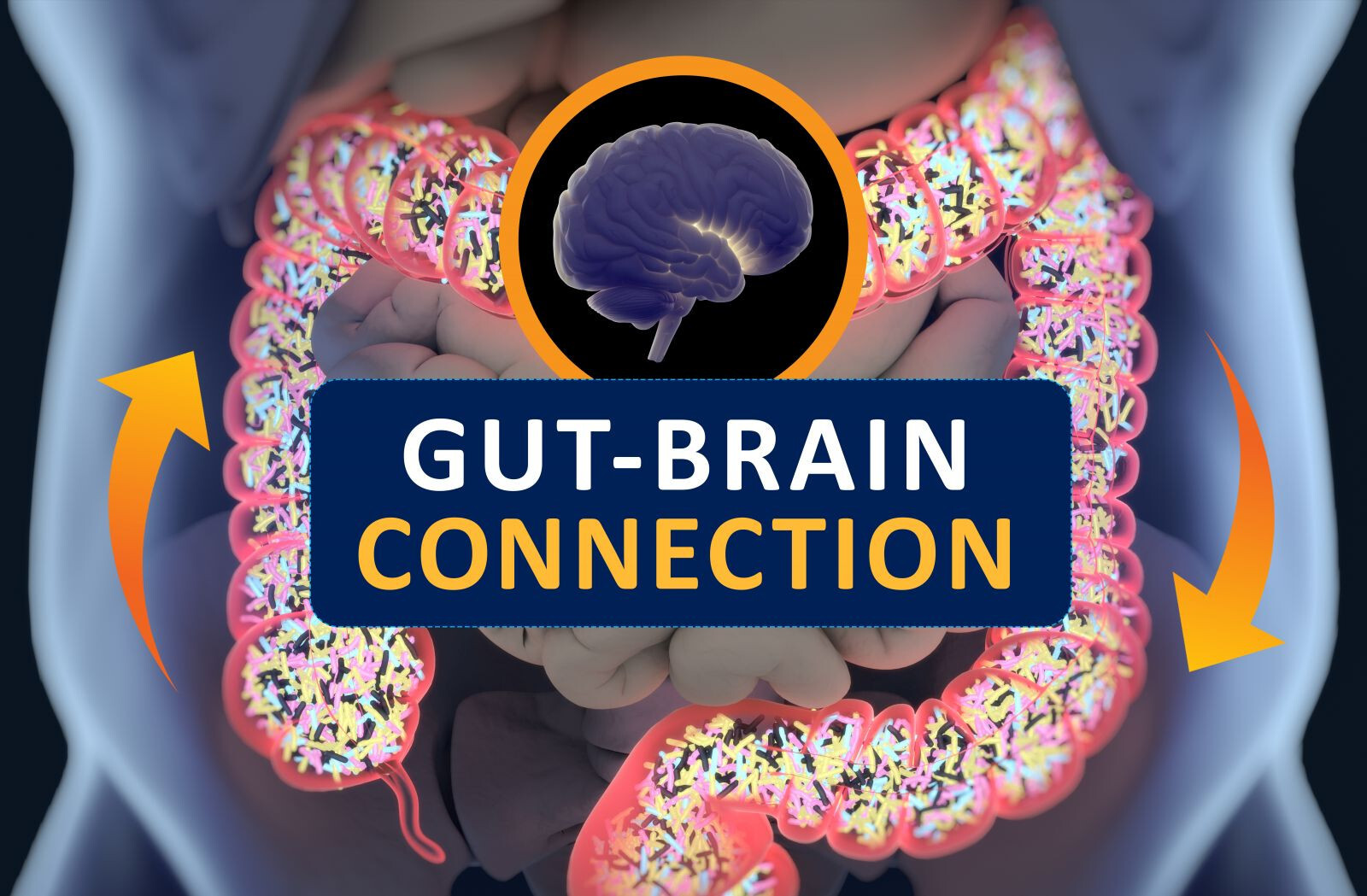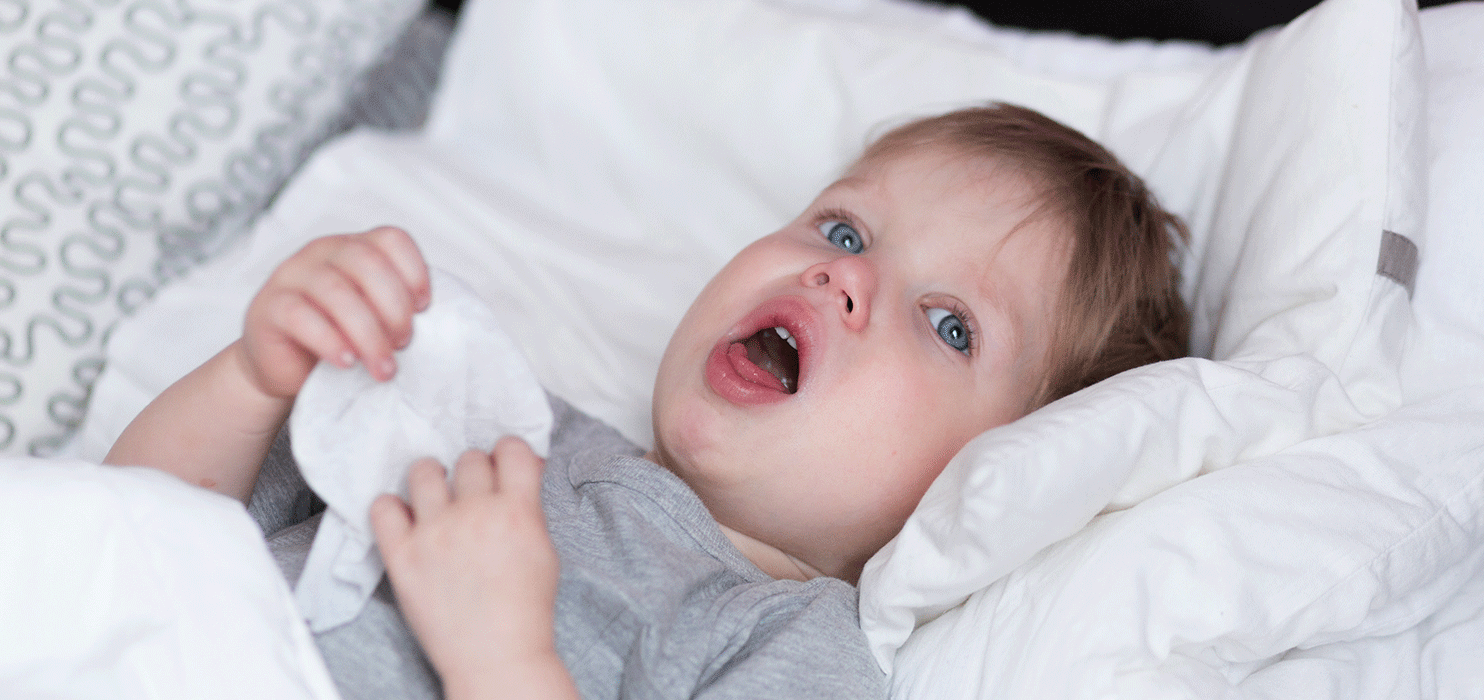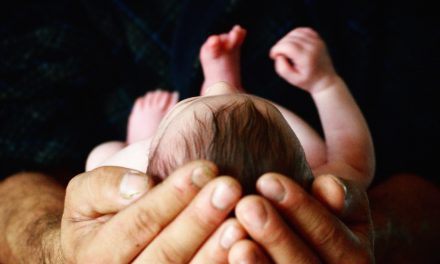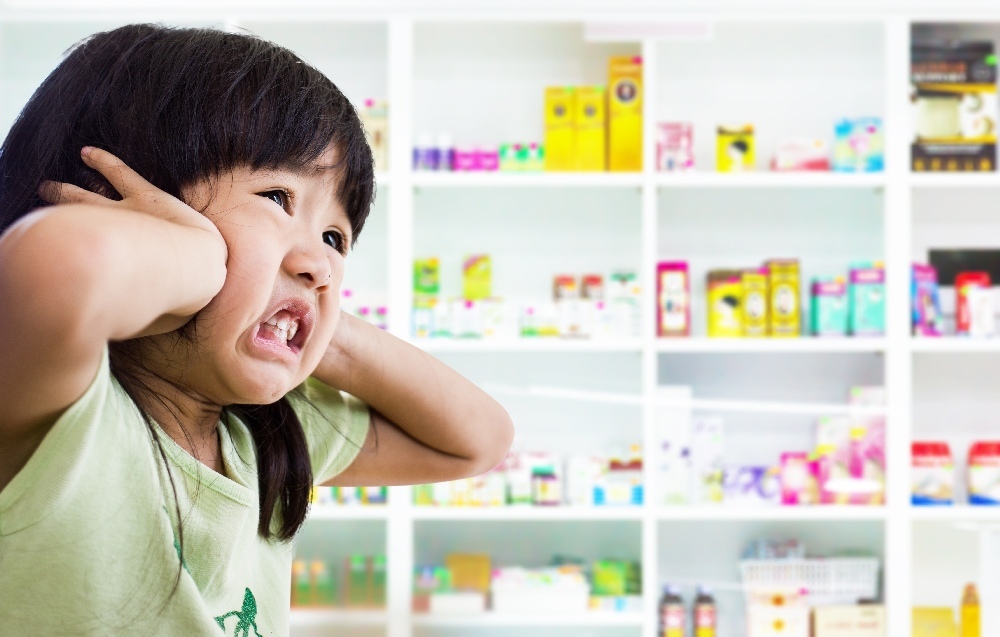Anxiety, attention-deficit/hyperactivity disorder (ADHD), behavioral issues and depression are common when we talk about a child’s mental health. Interestingly studies suggest that the gut microbiome has an immense role to play in it. With the rising trend of mental health issues in childhood, there is a great need to pay attention to this. Read on as we delve into the relationship between gut microbiome and mental health in kids.
Gut Microbiome In Kids: An Overview
Since birth, a child’s body gets colonized by trillions of bacteria known as microbiome that reside in the gut, skin, vagina, and oral cavity. The first colonization of bacteria is associated with vaginal delivery which means babies who are born through normal vaginal delivery are exposed to a diverse range of microorganisms. Whereas, babies delivered through C- section get a partly different microbiome.
Apart from that, breastfeeding contributes to it to a great extent. Breast-fed infants have a more enriched and diverse microbiome as compared to formula-fed children. The diversity of microorganisms continues to grow as and when solid foods are introduced and also with environmental exposure (mud, play, etc.).
The introduction of a variety of solid foods impacts the range of microorganisms in the gut. The diversity of healthy microorganisms decides gut health. And there is an established and strong relationship between the gut bacteria and mental health. We can also say that the gut microbiome shapes the brain. This also suggests a healthy microbiome is also essential for good mental health and social behavior.
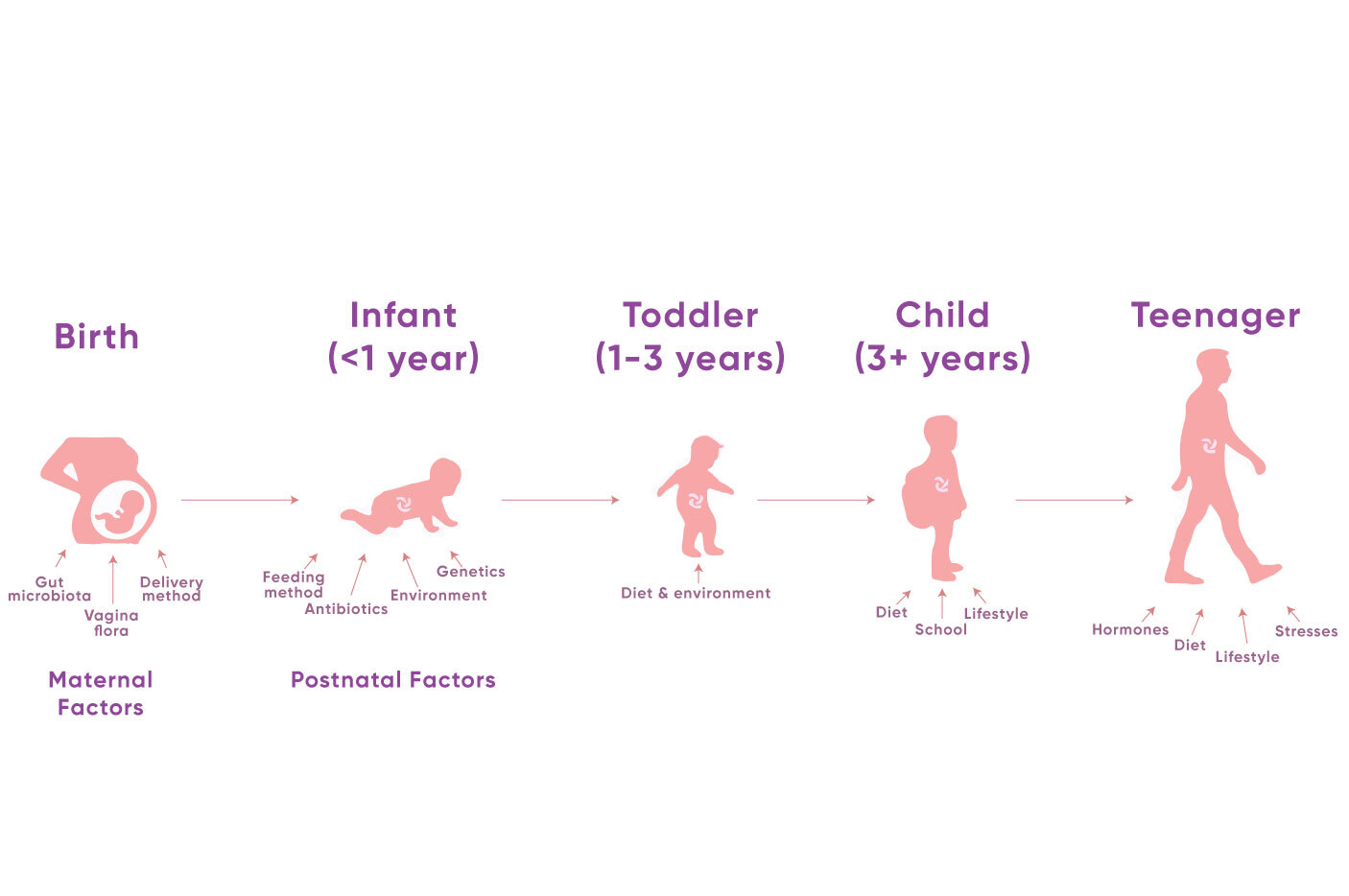
How Does Gut Microbiome Affect Mental Health?
Gut bacteria primarily aide the body with digestion. But apart from that, they also secrete chemicals like including dopamine, serotonin, and gamma-aminobutyric acid. All of these are mood-regulating chemicals. Generally, the relationship between gut microbiome and mental health runs along the lines that if the former is healthy, the latter has a higher chance of being healthy.
Healthy gut microbiome works as shields from anxiety and depression among kids to a certain extent. The friendly bacteria present in mud helps the brain to release a happy hormone. Not just this, it boosts the immune system and promotes the development of the child in every manner.
As a result, it is important for your little one to have plenty of good bacteria and healthy gut microbiome as they grow.
Factors Determining The Fate Of Microbiome During Early Life
The development and composition of the early-life gut microbiome depend on the following factors:
Breastmilk Microbiomes
Human milk oligosaccharides, the powerful pre-biotic which an infant gets through the breastmilk is another blessing from mother nature. It is amazing to know that the growth of healthy bugs is already pre-decided! It’s us, the human beings, who just have to follow the right path. After the contribution of breastmilk to gut health, it becomes our responsibility to provide a diverse range of foods to the child which not just decides their overall physical health but ensures their mental health too.
Yes! Studies show that if the microbacteria in the gut are friendly, they can shape a child’s behavior to be calm and composed whereas alterations in the gut microbiome at an early age have been linked to depression, anxiety, and even hyperactivity in children.
A diet diverse in different food groups such as vegetables, whole grains, fermented foods, fruits, pulses give rise to healthy bacteria. Whereas, a diet rich in sugar-sweetened beverages, processed food, artificial sweeteners and junk foods gives rise to bad bacteria.
Environmental Factors
Excess cleanliness and sanitation practices may compromise the microbiome. Whereas, exposure to natural flora through mud play, floor play, etc. can help in building up the gut bacteria beautifully.
A study has found that children in daycare who played in yards with soil and vegetation had more diversity of gut microbiome than children in daycares with yards that had less natural space. So, to build up their gut, we must let them play with the mud! If you’re worried about your child contracting diseases like tetanus by playing in mud, make sure you get them vaccinated.
Next time whenever you try to become extra cautious with the cleanliness of your child, just remember you may compromise their gut microbiome.
Lifestyle
Lifestyle has a great impact on gut flora. An active lifestyle from childhood can ensure good bugs. However, a sedentary lifestyle acts as a bane in the case of gut health. A sedentary lifestyle and mindless eating are the major causes of obesity among kids, which make them dull and anxious over a period of time. It affects not just their social behavior, but it can become a causative factor for many lifestyle diseases and eating disorders diseases at an early age. Make sure you include some outside time in your little one’s daily routine.
Conclusion
The connection between the gut microbiome and mental health in kids is one that no parent should ignore. Ensure you don’t shield your little one completely from the world. The early-life gut microbiome can have long-term implications on a child’s physical and mental health which eventually shape their social behavior.
FAQs On Gut Microbiome And Mental Health In Kids
How Does Gut Bacteria Affect Mental Health?
Apart from helping with digestion, the bacteria in the colon (gut microbiome) also secrete mood-modifying chemicals. This makes them important in terms of your mental health and mood since healthy gut bacteria can relieve or worsen the symptoms of depression, anxiety, and stress.
Does Gut Microbiome Affect The Brain?
Some studies have shown that gut microbiome could impact our mental health and neurological conditions like epilepsy and depression.
This is because they interact with our nervous system and can also release molecules or chemicals that affect the brain.
Do Probiotics Help Kids Behavior?
Yes, probiotics can help your kids better regulate their behavior. Research shows that good bacteria can positively impact a kid’s focus, energy, sleep, mood and more.

